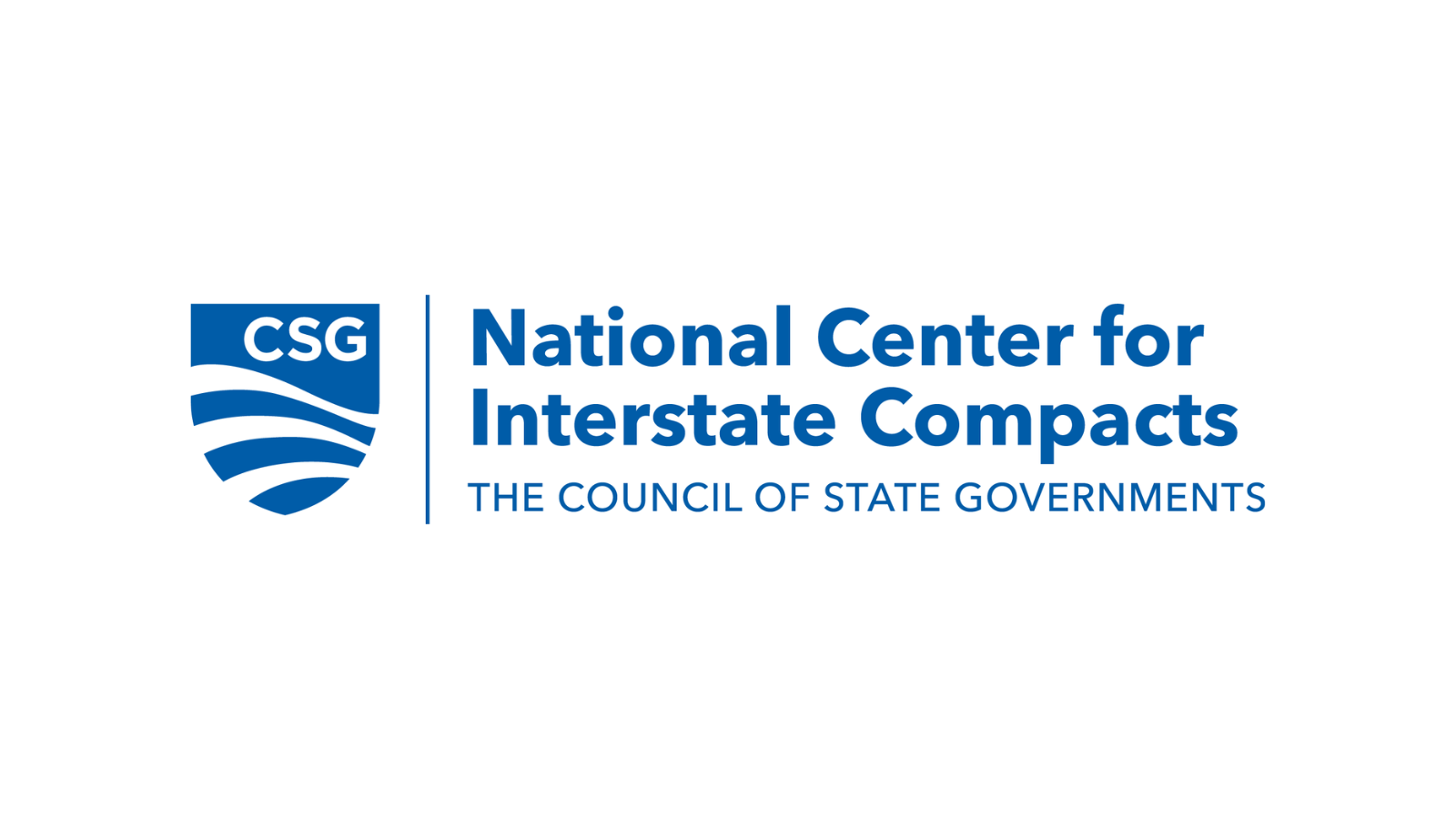
Licensing for the roughly 3.7 million teachers in the country has historically been a system with unclear barriers between states, making it difficult for educators to relocate and attain a teaching license in another state. Military spouses are particularly impacted by these limitations — they move residences between states frequently as their spouses are relocated to various posts and are often met with licensing barriers.
Recognizing these obstacles, in 2020 the Department of Defense entered into a cooperative agreement with The National Center for Interstate Compacts at The Council of State Governments. Authorized by Congress in the 2020 National Defense Authorization Act, the cooperative agreement provides funding for the development of up to ten new occupational licensure compacts. A compact for teachers was a priority for the Department of Defense.
Model legislation to join the Interstate Teacher Mobility Compact was released to states in November 2022 after more than a year of development, public comment and stakeholder review. In June, Oregon joined nine other states — Colorado, Utah, Kentucky, Oklahoma, Kansas, Florida, Alabama, Nebraska and Nevada — in fully enacting the compact legislation. With the addition of this tenth state, the compact became active — the fastest occupational licensure compact to do so.
“A military spouse shouldn’t have to choose between supporting their family and pursuing their profession. Thankfully, states are working together to ensure they won’t have to,” said David Adkins, executive director/CEO of The Council of State Governments.
“The ten states that have already enacted the Interstate Teacher Mobility Compact are reducing barriers to mobility for licensed teachers, and that’s good news to the many teachers in military families who will move to those states. CSG is proud to work with state officials and honored to partner with the U.S. Department of Defense to help create new tools to support military families. We look forward to continuing to be a resource for the ITMC Commission and its member states.”
Maintaining state sovereignty is one of the cornerstones of the Interstate Teacher Mobility Compact. The compact does not alter member states’ ability to regulate the teaching profession or teacher licensure. Member states take on some responsibility to grant licenses to out-of-state teachers, but any standing pathways to teacher licensure within the state will remain in place.
Addressing Teacher Shortages
While districts across the country are facing widespread teacher shortages, the Teacher Mobility Compact streamlines the systems of licensure mobility in member states.
“Teachers who relocated can find it difficult to navigate the waters of license issuance in a new state,” said Jimmy Adams, executive director of the National Association of State Directors of Teacher Education and Certification. “Many of these are professionals with years of experience who decide to leave the profession because of the barriers they confront.”
The teaching compact utilizes a different model than other interstate occupational licensure compacts. Compact member states submit licenses that are eligible for the compact and meet a set of criteria outlined in the legislation. To be eligible, a license must require a bachelor’s degree and completion of a state-approved program for teacher licensure like a teacher preparation program at a college or university. Teachers holding a compact-eligible license can apply for licensure in another member state and receive the closest equivalent license without submitting additional materials, taking state-specific exams or completing additional coursework.
This compact maintains each member state’s standards while recognizing the professional who holds this high-level license,” Adams said. “This compact will keep many teachers in the profession who may otherwise leave.”
Next Steps
Later this year, the compact member states will nominate their commissioners and the first meeting of the Interstate Teacher Mobility Compact Commission will be held to draft the bylaws and rules of the compact.
Currently, several states are still considering legislation to join the teaching compact. Those who join will also be included in this meeting if the legislation is passed before the first convening.
For more information about the Interstate Teacher Mobility Compact or to view the model legislation, visit teachercompact.org. To learn more about the National Center for Interstate Compacts and other occupational licensure compacts, visit compacts.csg.org.
About Occupational Licensure Interstate Compacts
Occupational licensure compacts create reciprocity between states while maintaining the quality and safety of services and protecting state sovereignty. Compacts result in a more efficient distribution of licensed workers by supporting practitioner mobility.
In addition to its work with the Department of Defense, the CSG National Center for Interstate Compacts led the development of interstate compacts for physicians, nurses, emergency medical services personnel, physical therapists, psychologists, occupational therapists, licensed professional counselors and audiologists/speech-language pathologists. More than 40 states and territories have adopted at least one of the compacts and over half have adopted three or more.
About CSG and the National Center for Interstate Compacts
Founded in 1933, The Council of State Governments is the nation’s only organization serving all three branches of state government. CSG is a region-based forum that fosters the exchange of insights and ideas to help state officials shape public policy. This offers unparalleled regional, national and international opportunities to network, develop leaders, collaborate and create problem-solving partnerships. Learn more at csg.org.
CSG has more than 75 years of experience promoting multi-state problem solving and advocating the role of the states in determining their respective futures. The National Center for Interstate Compacts is a policy program developed by CSG to assist states in developing interstate compacts, which have proved to be an effective mechanism for states to jointly problem solve. Learn more at compacts.csg.org.




